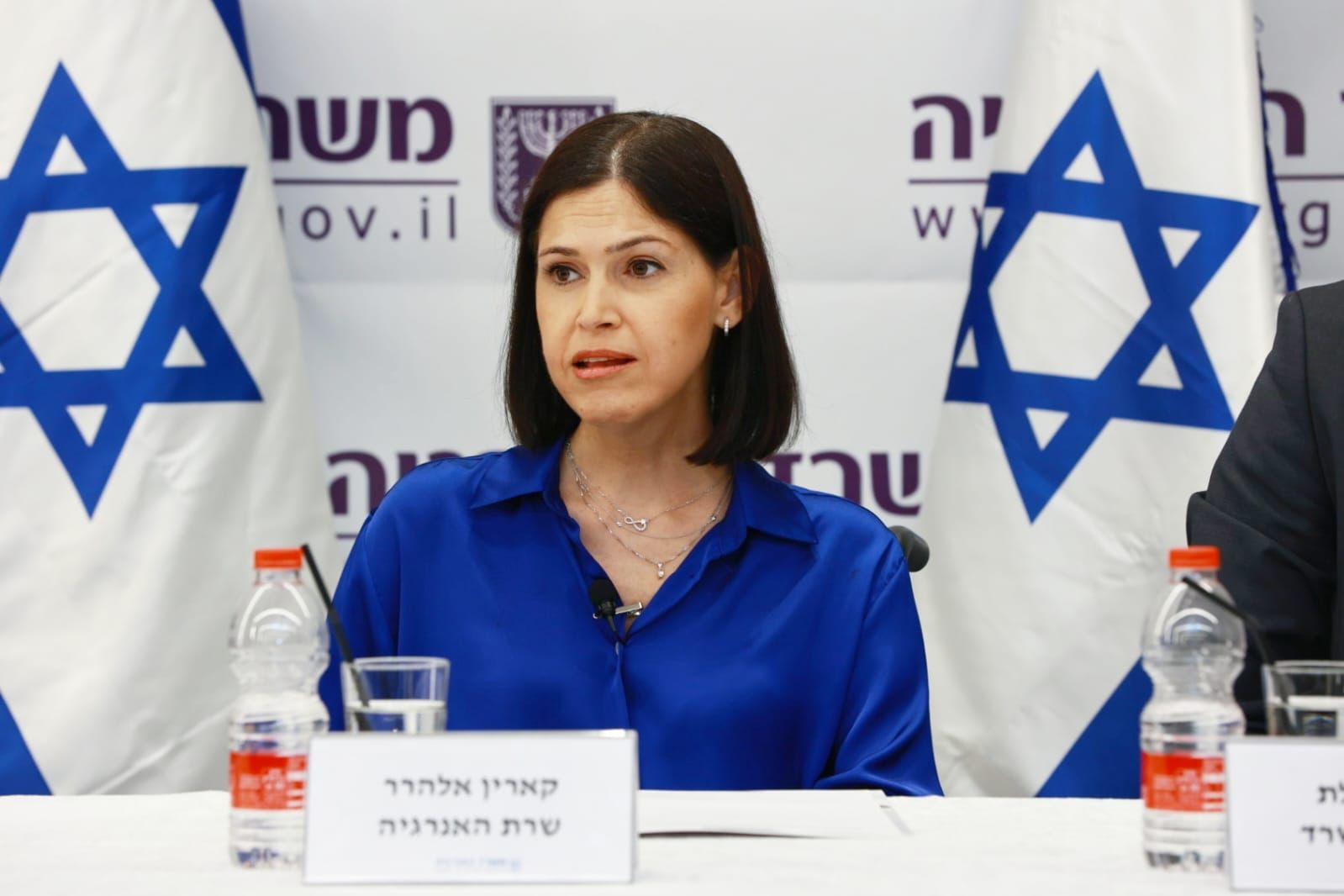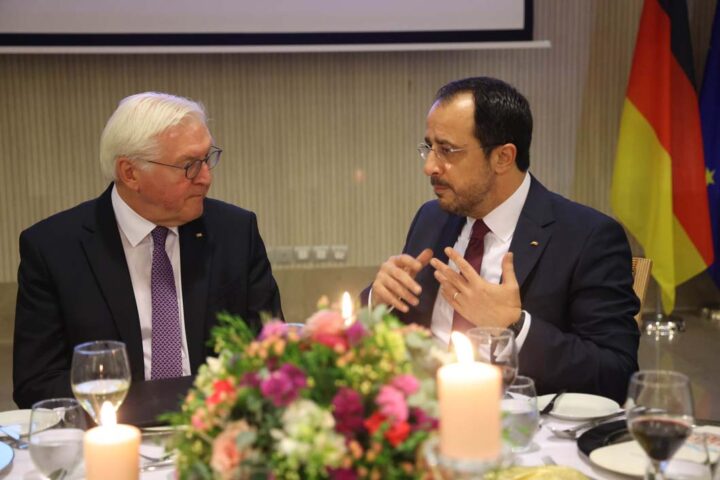Israeli Energy Minister Karine Elharrar is in Cyprus for direct talks with her Cypriot counterpart, Natasa Pilides, to resolve a dispute over exploiting a joint gas reservoir.
The meeting takes place after failed attempts by companies tasked by the two governments to reach an understanding over the “Yishai” natural gas field, which is adjacent to Aphrodite in block “12” of the Cyprus Exclusive Economic Zone (EEZ).
Elharrar is scheduled to discuss the ongoing dispute over the Aphrodite-Yishai gas field that expands across the maritime territory claimed by both countries.
Pilides confirmed to the Cyprus News Agency that Monday’s visit was taking place “in the context of our established dialogue on Yishai.”
The visit comes among reports that Israel had raised an eyebrow over statements made by Pilides earlier in the summer to Bloomberg.
Cyprus’ Energy Minister had said that a realistic date for production “would be made known before the year is out”, while Chevron, which acquired Aphrodite stakes from Texas-based Noble Energy, said it was acting in coordination with the Cypriot government.
The dispute had started after the company ISOP, which had been awarded the Israeli block “Yishai” adjacent to “Aphrodite”, informed then Israeli Energy Minister Yuval Steinitz that the exploitation of Aphrodite would lead to the extraction of quantities of gas that also belong to Israel.
In the past, the same company has stated that the quantities discovered are small and unexploitable.
Israel’s Ministry of Energy considered that gas extraction in the neighbouring plots would need to be settled by agreement between the two states, even though the Cypriot side considered that natural gas reserves at Yishai were negligible and unrecoverable.
Israeli company claims over the shared gas field are 10%.
Over the weekend, Cypriot media have been speculating that Elharrar was coming to Cyprus to discuss compensation for the 10%.
Some six months ago, Israel warned it would intervene if energy companies licensed to exploit the bordering Aphrodite and Yishai gas fields commercially did not resolve their dispute by March 4.
According to the Jerusalem Post, this was the warning given by Elharrar in a letter to Nammax Oil and Gas.
“Israel never gave up on its rights to the Yishai Reservoir, including the demand that the reservoir not be opened unilaterally.”
Israel and Cyprus signed an agreement to set the border between their exclusive economic waters in 2010.
But an agreement was never signed to arrange the development of gas reservoirs straddling both countries’ territories.
It is estimated the Israeli side of Aphrodite-Yishai has 10 billion to 12 billion cubic meters of natural gas, much less than the giant Leviathan gas field, which has an estimated 605 bcm.
After Cyprus moved toward developing Aphrodite, Steinitz agreed with his Cypriot counterpart last March that the companies involved would negotiate and reach an agreement within a year.
Since 2010, Nicosia has been pitching the idea for the Israeli government to waive its rights on the Yishai side of the joint reservoir, located about 100 miles west of Haifa, in exchange for compensation.










